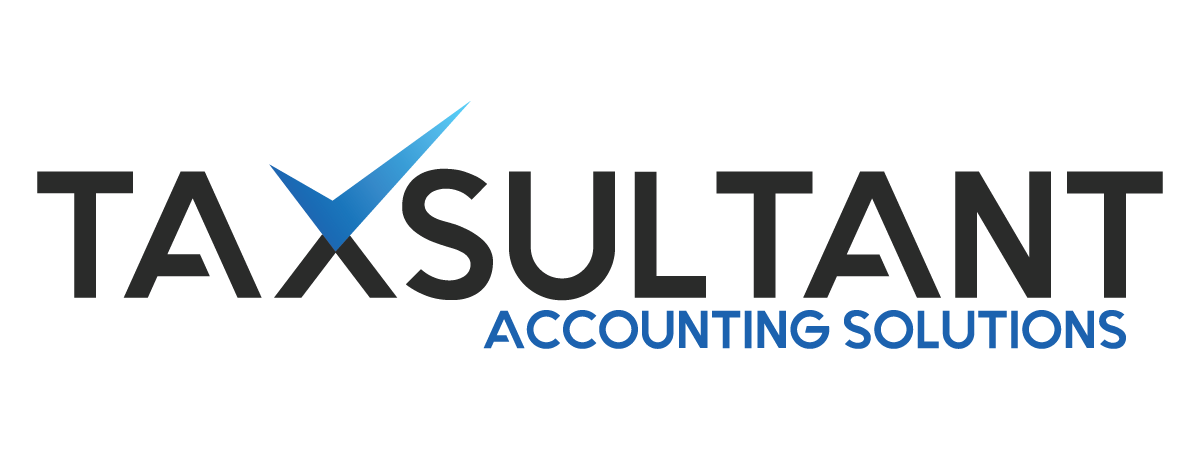Import Export Code (IEC)
IEC Registration (Import Export Code) is a mandatory registration required for businesses or individuals who wish to engage in the import and export of goods and services from India. It is issued by the Directorate General of Foreign Trade (DGFT), which is part of the Ministry of Commerce and Industry, Government of India.
Importance of IEC Registration:
Legality: It is a legal requirement to import or export goods in India.
Business Expansion: Facilitates businesses in expanding their reach to global markets by allowing international trade.
Customs Clearance: Required for clearing goods through Indian Customs for both imports and exports.
Banking: An IEC is also necessary to open a current account with banks for international trade transactions.
Who Needs IEC Registration?
Importers: Any individual, firm, company, or organization importing goods into India must have an IEC.
Exporters: Any individual, firm, company, or organization exporting goods from India must also have an IEC.
Steps to Obtain IEC Registration:
Eligibility: Any person or entity involved in import/export of goods or services in India can apply for IEC, including individuals, partnerships, LLPs, companies, etc.
The applicant must have a PAN (Permanent Account Number) and a bank account.
Documents Required:
PAN card of the applicant (for individuals, firms, or companies).
Aadhaar card (for individuals).
Business address proof (e.g., utility bills, rental agreement).
Bank certificate or cancelled cheque of the applicant’s bank account.
Passport-size photograph (if applying as an individual).
Application Process:
Online Application: Go to the DGFT official website (https://www.dgft.gov.in) and fill out the IEC application form (ANF 2A).
Submit the form along with the required documents.
The application will be processed, and after verification, the IEC will be issued.
Fee: The IEC application fee is ₹500 (as of the latest guidelines).
Verification:
Once the application is submitted, the DGFT will review it. There is no need for a physical inspection.
The IEC is generally processed and issued within 1-3 working days if all documents are in order.
IEC Code Issuance: After successful verification, the IEC is issued in the form of a unique 10-digit code that can be used for all import/export transactions.
The IEC is sent to the applicant’s email address.
Validity and Renewal:
The IEC code does not expire, and there is no need for renewal.
However, businesses are required to update their IEC details if there are any changes, such as the business address or bank account information.
Benefits of IEC Registration:
Customs Clearance: Necessary for clearing goods through customs during import/export.
Global Trade: Enables access to international markets and trade networks.
Tax Compliance: Ensures compliance with Indian taxation and foreign trade policies.
Bank Transactions: Helps in opening a bank account for international transactions, as most banks require IEC for dealing with foreign trade.
Subsidies and Benefits: In some cases, businesses with IEC may be eligible for government schemes and benefits for exporters.
In summary, IEC registration is essential for any business involved in the international trade of goods or services. It provides legitimacy and ensures smooth import/export operations, as well as compliance with government regulations.
